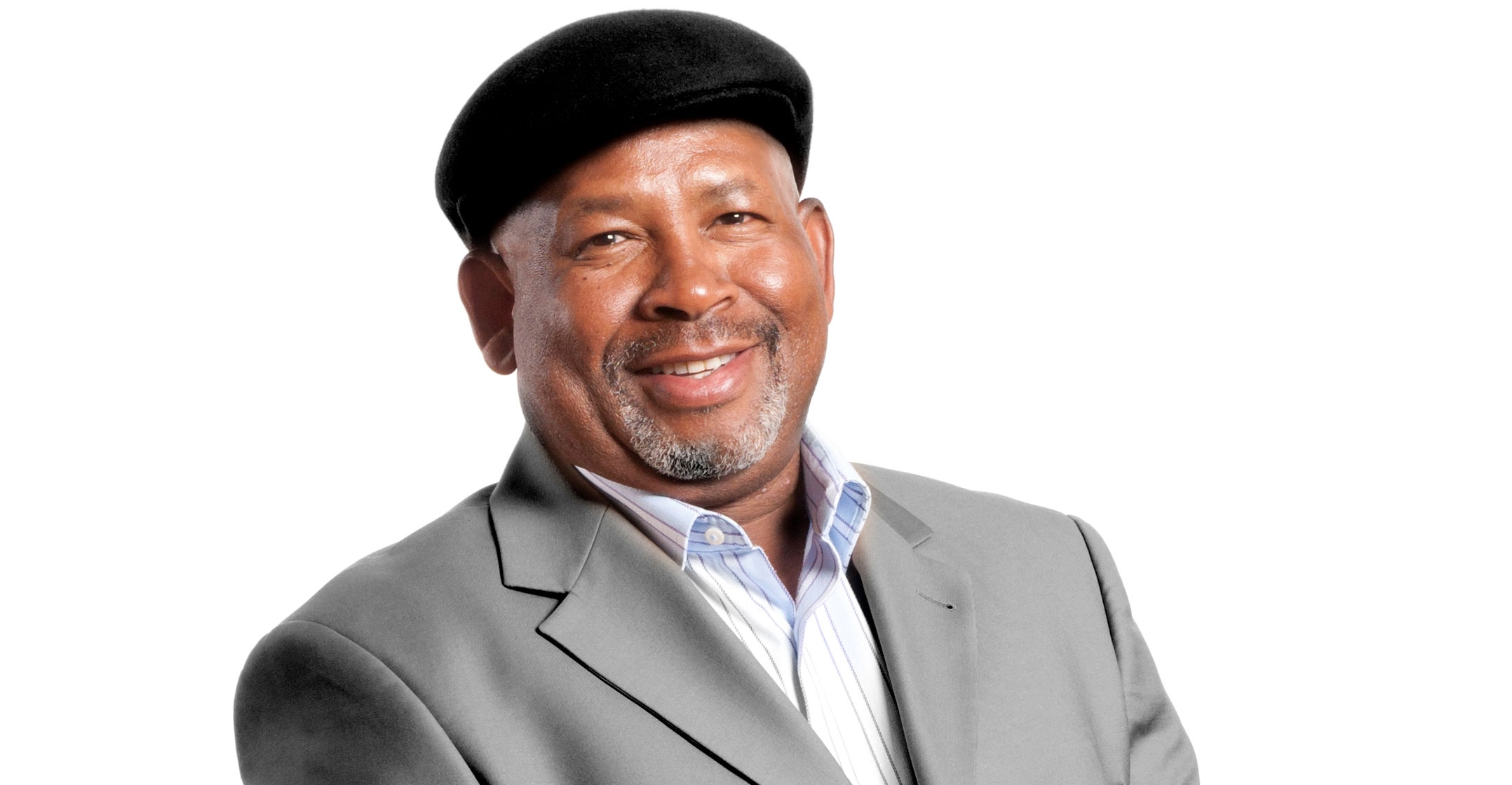
Jabu Mabuza announced Eskom’s September 2017 interim results with self-assurance and style. Looking natty in a pink jacket, pale blue shirt and brown fedora, he raised confidence in Eskom by a couple of notches. As he spoke of rooting out financial mismanagement, malfeasance and corruption, it was easy to be pulled into a feeling of optimism that everything will be okay.
However, he is not the first highly experienced businessman to take on Eskom.
Bobby Godsell came out of retirement in 2008 to become chairman. He was CEO of AngloGold Ashanti from 1998 to 2007. Godsell resigned in November 2009, and reading between the lines, the reason was government interference.
At the time of Godsell’s resignation, Adam Habib, then deputy vice-chancellor of research at the University of Johannesburg, was quoted in the Mail & Guardian as saying: “It appears as though the authority of the board is being undermined. The corporate governance at Eskom seems to have been rocked very badly.” How right he was.
Eskom’s 31 March 2009 annual report announced that it was going to embark on a massive, five-year, R385bn capital expenditure programme. Looking further forward, it was planning to build 40GW of new generation capacity by 2025. It proudly proclaimed that this was the largest capital project in South Africa, and would have “large spin-offs through the awarding of contracts, investment by suppliers and purchasing of goods and services sourced from South Africa”. It also affirmed that “it continues to support procurement with black economic empowerment and black women-owned suppliers”.
Unfortunately, the promise of burning all this money on ambitious projects laid the organisation open to capture, price fixing and collusion. The darling of South Africa, with access to international finance and debt guaranteed by government, the power to structure capex, procurement, finance, insurance, or any contract, through any intermediary of its choice. What could go wrong? Perhaps when strings are pulled at the behest of its capturer?
Musical chairs
Jacob Zuma was sworn in as president on 9 May 2009. The Guptas, having met Zuma in 2003, were surely aware of the lush pickings. Malusi Gigaba was appointed minister of public enterprises in November 2010, taking over from Barbara Hogan. Brian Dames was appointed chief executive of Eskom on 1 July 2010. And so the stage was set for an unending game of musical chairs among the top echelons of Eskom executives.
Notwithstanding all the investigations into corruption, the Eskom financials indicate a frightening erosion of economic wealth and substance. For example, in 2011 Eskom had R37.8bn invested in securities. By 2017 this amount had been reduced to R6.7bn.
The liabilities of Eskom have been escalating at a rapid pace, and I am not sure if the assets are keeping up. Whereas Eskom has been progressing with its capital build programme, including running up unnecessary expenditure and cost overruns, it has ended up with property, plant, equipment and intangible assets of R614.2bn. However, an amount of approximately R99bn (16.1%) represents capitalised borrowing costs less accumulated depreciation (based on a depreciation period of between 50 and 80 years).

This is because international accounting standards require borrowing costs that are attributable to certain assets, including the acquisition or construction of manufacturing plants or power generation facilities, to be capitalised — in other words, added to the cost of those assets. This means that the capitalised borrowing costs will not be included in the finance costs that are deducted from income in the income statement, but are depreciated over the lifetime of the plant and machinery. Which, in the case of generating plant, would be 80 years.
In my view, in ascertaining whether an organisation is a going concern, which requires the assets to exceed the liabilities, capitalised borrowing costs should be deducted from the assets.
Another potential problem with the balance sheet is that the group holds complex derivative instruments for risk management (economic hedging). These instruments include foreign exchange contracts, cross-currency swaps, commodity forwards and credit default swaps. Whereas managing the risks in regard to a foreign exchange contract may be manageable, matters can go horribly wrong with credit default swaps. Valuing any of these instruments is also exceedingly complex.
For example, Eskom hedges electricity sales “in terms of agreements where the sales price is influenced by the market price of aluminium”. Now, Eskom hasn’t been running its day-to-day operations very well. Should they really be playing with such complex instruments? In 2009, the total amount of derivatives held for risk management on the asset side of the balance sheet was R1.8bn. In the September 2017 interim financial report this amount was R20.1bn. Should this valuation be checked? What have the profits/losses been on these complex instruments over the years? What would be the cost of unwinding these transactions? Could this be another epic failure waiting to happen?
Hence, three critical risk areas contained in the Eskom financials and what should be done are:
- Property, plant and equipment: a third party valuation of property, plant and equipment should be undertaken. Further, the note to the financial statements in regard to the property, plant and equipment should disclose the total amount of capitalised borrowing costs.
- A due diligence should be carried out on the derivatives held for risk management.
- Ascertaining the total cost of recapitalising Eskom.
Will Jabuza and his new board have the strength and perseverance to get Eskom back on its feet? Time will tell.
- Barbara Curson is a CA (SA) with postgraduate qualifications in tax and international tax
- This article was originally published on Moneyweb

